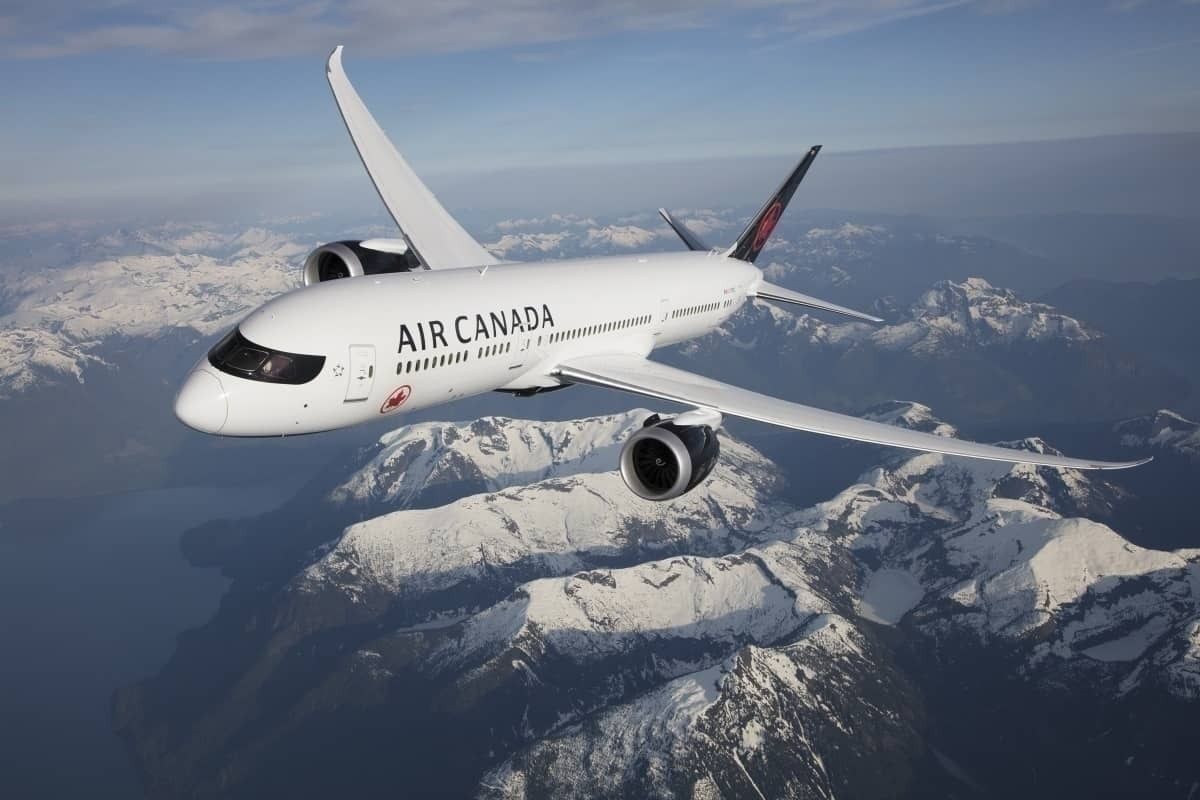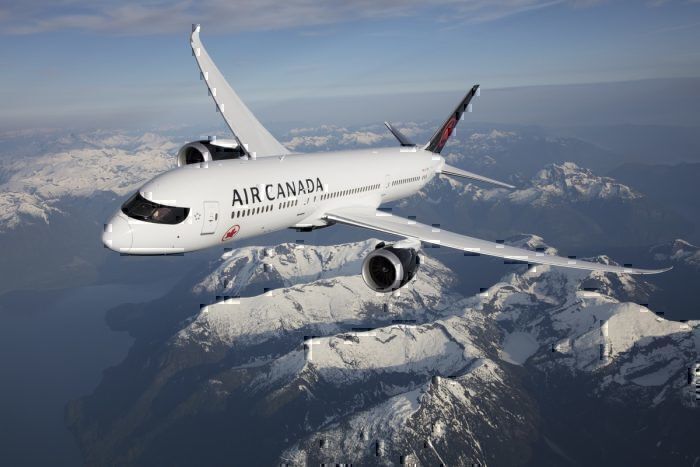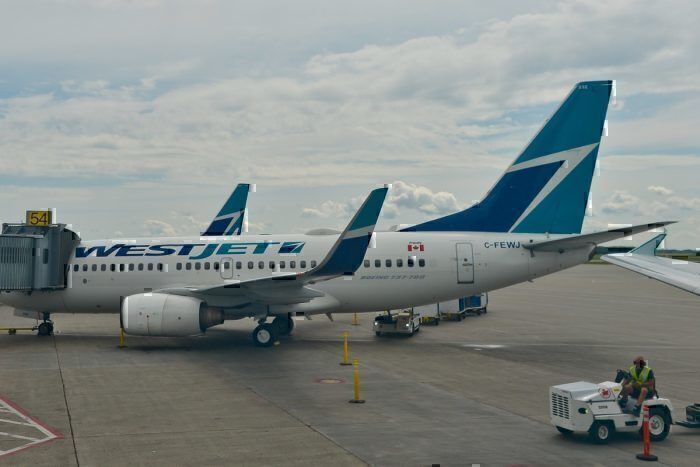**Update: 27/03/20 @ 16:10 UTC – Additional information from Passenger Rights Advocate Gabor Lukacs included indicating it should still be possible to demand a refund. Furthermore, customers are advised to check the insurance policies of their credit cards for cancellation coverage.**
The Canadian Transportation Agency (CTA) issued a statement yesterday declaring that airlines are not necessarily expected to provide passengers cash refunds for canceled bookings due to the COVID-19 pandemic. The CTA justifies its position by saying that it aims to strike a balance between protecting passenger rights while also not creating unnecessary financial hardship for carriers in a situation that is completely outside of airline control.
The CTA's statement
Below is a portion of the CTA's statement:
"The legislation, regulations, and tariffs were developed in anticipation of relatively localized and short-term disruptions. None contemplated the sorts of worldwide mass flight cancellations that have taken place over recent weeks as a result of the pandemic. It's important to consider how to strike a fair and sensible balance between passenger protection and airlines' operational realities in these extraordinary and unprecedented circumstances."
The statement goes on to talk about the two sides it must strike a balance between. For the passenger and consumer, it acknowledges the injustice of having a flight canceled with no alternate arrangements available. On the other hand, the CTA says, "airlines facing huge drops in passenger volumes and revenues should not be expected to take steps that could threaten their economic viability." The full statement by the CTA can be viewed on their website.
The balance that the CTA feels is the best approach is for airlines to issue vouchers and credits for airfare that has been paid for. It also says that the expiry date should be reasonable given the situation, suggesting that 24 months is what it considers 'reasonable'.
Is it right?
The CTA makes it clear that consumer and passenger regulations and legislation were developed without consideration of an event happening on such a large scale. Of course, what we are seeing right now is unprecedented and the single largest disruption of the aviation industry in its entire history.
Yes, passengers paid for a service that was not delivered. And yes, many passengers will need that money for alternate arrangements or to deal with job losses resulting from this situation.
At the same time, most airlines are reporting negative revenue as their bookings have been wiped out and refunds for earlier bookings have been handed out. Furthermore, thousands upon thousands of employees will be laid off. From an operational standpoint, airlines may need what little cash remains in order to operate their limited services. This will include repatriation flights with half-empty aircraft.
It's not a good situation for anyone involved.
There's more to the story than the statement, however. In fact, Toronto's City News reports that Air Passenger Rights advocate Gabor Lukacs believes the CTA’s statement “deliberately and knowingly” misleads the public. Speaking with City News, Lukacs says the following:
“The law is clear and unambiguous that a full refund to the original form of payment is owed to passengers. It has been confirmed in numerous legally binding decisions by the CTA.”
Lukacs advises passengers wishing to have a full refund to “insist on receiving a full refund to the original form of payment, and to open a dispute/chargeback with their credit cards if necessary.”
Airline response
Canada's second-largest airline, WestJet, responded to our request for comment saying:
"WestJet thanks the Canadian Transportation Agency for providing clarification during this difficult and unprecedented time for our industry. We continue to offer our guests flexible change/cancel policies for travel in March, April and May with refund to travel bank for use within 24-months. We have updated our travel bank policy to extend its use by a year (to 24 months) ensuring our guests have enough opportunity to take the flight or vacation they had planned on prior to the escalation of this global crisis."
Air Canada's response to us was a lot briefer with the airline stating:
"Our policy is in line with the CTA position, and it also accords with that of most major carriers around the world. For more information on the options we offer travellers please see https://www.aircanada.com/
ca/en/aco/home/book/travel- news-and-updates/2020/covid- 19.html"
Conclusion
The guidance that airlines need to issue vouchers and credits for unused flights seems to strike a fair balance. Passengers will take a hit in the short term while airlines are spared from complete collapse and the declaration of bankruptcy. Clearly, this entire situation is out of their control.
However, an expert in the field of passenger rights in Canada, Gabor Lukacs is of the firm belief that if passengers press hard enough, they can get their refund.
Do you agree with this policy of doing away with cash refunds? Why or why not? Let us know in the comments!




